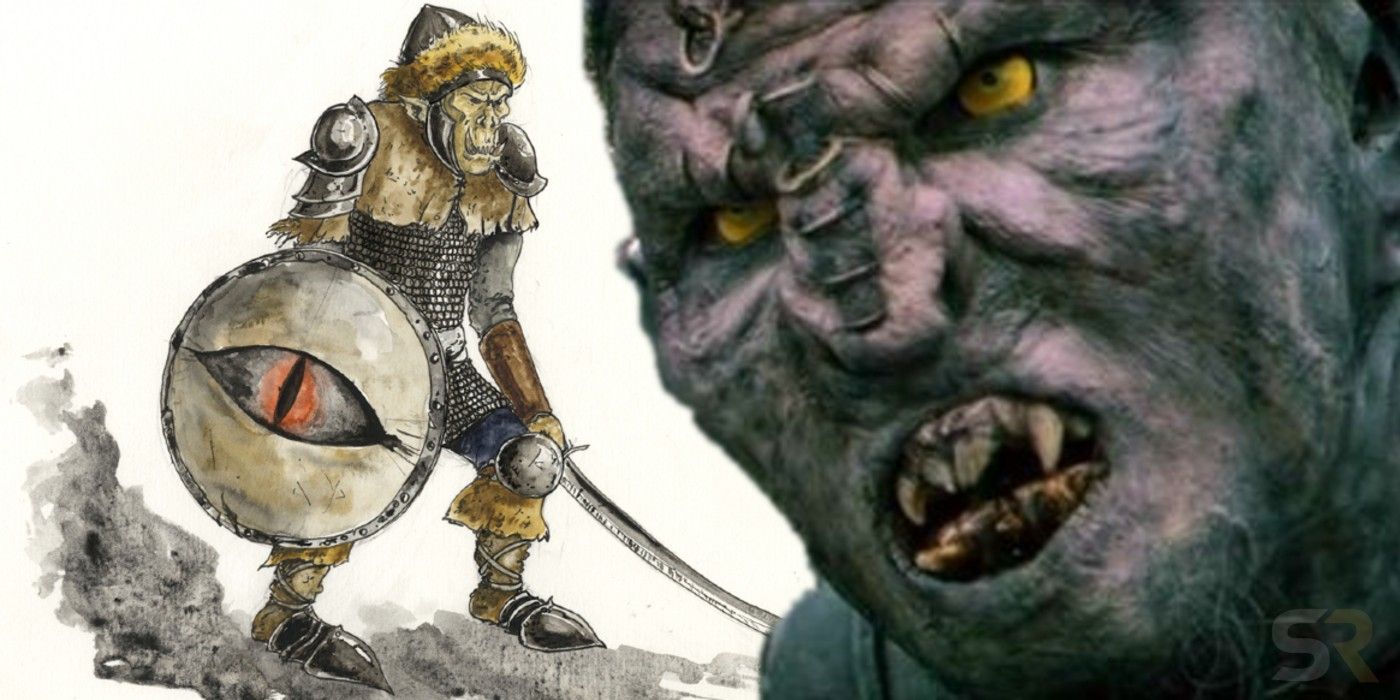That's more of exception than a rule. I can get the hobbit astronomer reference, because there was a vague reference on it in the LOTR, but thing is they came down from Blue Mountains at around the end of Second Age, Beginning of Third.
A fat elf is probably more of an exception than a norm as well. It's still very unlikely to happen in the light of how Tolkien and Fantasy lore has framed them. I also do get that they have to adapt the story or threads of it, since there wasn't time for the Tolkien to fully develop everything.
Who knows, maybe it'll flop and become a monster-of-the-week journey instead of a grand development to fill in the details of why Middle-Earth looks so ruined. And those ruins to look absolutely majestic.
They've got alot riding on this series. It would be a waste if they made it monster of the week.
Last edited:


